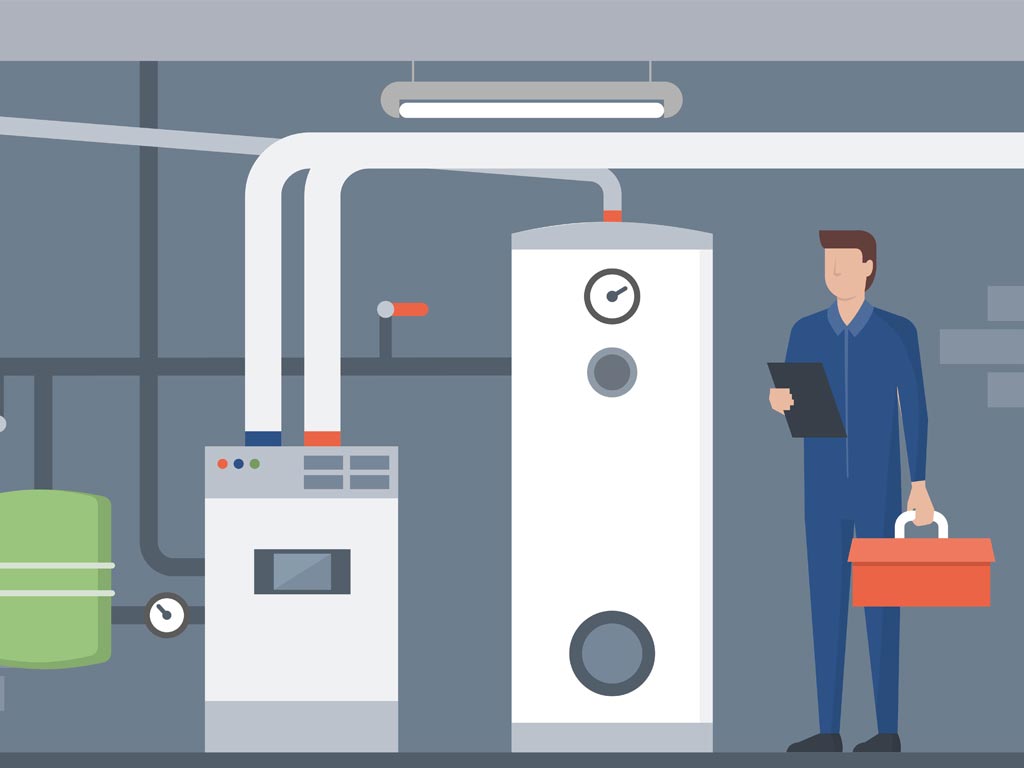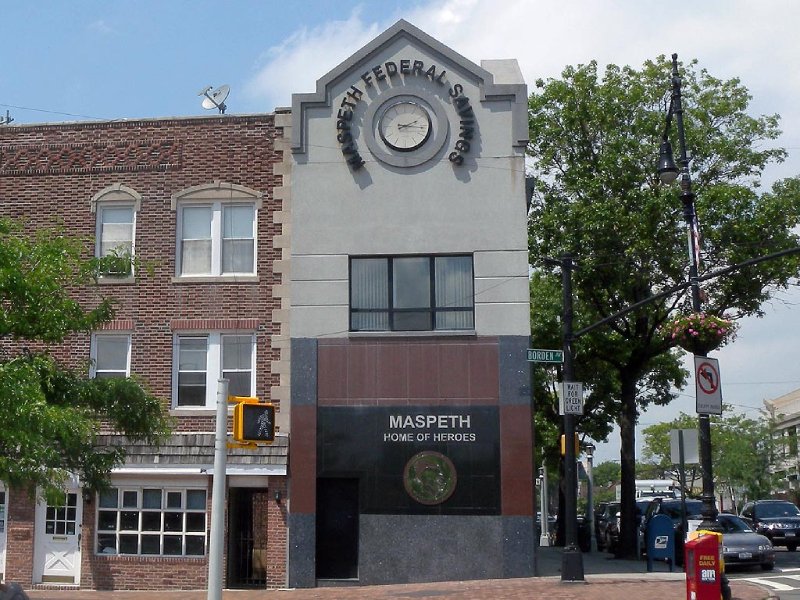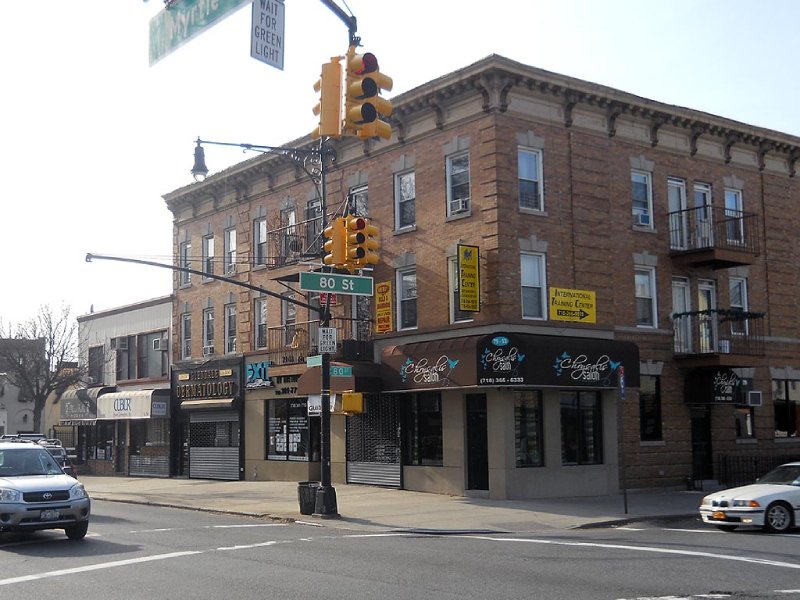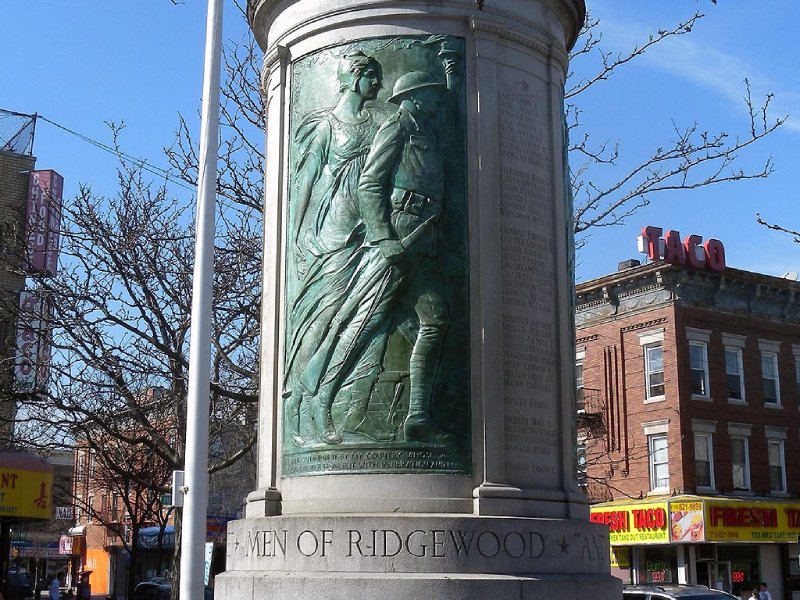Steam boilers are not very common when compared to the many types of heating systems throughout the nation and the world, but they are common to the Northeast portions of The United States and quite common in New York City where Kew-Forest Plumbing has the heating specialists since 1929. For a steam heating system to run properly, it must maintain a manufacturer-prescribed water level, and that level must not rise too high or get too low. Back in the olden days, the person who maintains the boiler would have the daily task of manually adjusting the water level as needed. In more recent years, we have the “automatic water feeder” to maintain the water level and relieve that person of the daily duties of maintaining the water level in the boiler. The automatic water feeder is a luxury, but it can also cause hidden problems to go unnoticed, and these problems may cost you a lot of money in repairs or even cause the early breakdown of the boiler.

Do you hear your water feeder filling the boiler often? If so, don’t sit back and be grateful that you don’t have to manually maintain that water level anymore. You may have a bigger problem that you would be wise to address sooner than later. Let your New York City plumbing and heating contractor check the system and its components for you right away. Many plumbers call the boiler “The Heart of the Home” as it is one of the most important organs to keep all other components warm and protected. We all know the body needs oxygen to keep running smoothly, but although oxygen helps the human body and heart, it is not good for heating systems. When new water feeds into a boiler, it introduces new oxygen into the system, and that oxygen causes the oxidation or breakdown of the boiler and its components. If unaddressed this can lower the lifespan of a boiler drastically.
A steam heat system, when running well, will need very little new water at all. The boiler heats the water to steam, the steam rises to the radiation, the steam condenses back into water over time and then cascades back down to the boiler through the piping. If the boiler doesn’t lose any of that water, the oxygen content in the water is “burned” out, and the system is safe and long-lasting. If the boiler loses water, new water is added, and the problems begin rapidly.
How does a boiler lose water? Well, there are many ways. Some of the ways may be easy to find, and others may be more difficult. Let’s go over some common causes. As we said earlier, when the boiler turns on, the water is heated to steam. That steam starts to push its way upward to the radiation. In many steam heat systems, the radiators have air valves or air vents. These valves release the air in the piping and radiators and allow the steam to take the place of the air that was released. The air valves “hiss” out that air and that hissing is the valve doing its job at that moment, but when the steam fills the piping and the radiators and reaches the air valves, they are supposed to stop venting and close so that the steam is trapped in the radiators. If the air valves are aged or failing, they may not shut as designed and they will allow steam to release through the air valves into the room. This is water (in the form of a gas/vapor) leaving the system. If many air valves in the home are “passing” or hissing steam, there may be a rapid and considerable loss of water in the system. The low water cutoff recognizes the loss of water. It tells the feeder to refill the lost water. Problem solved, right? Wrong! The problems have just begun. If your air valves are hissing steam after the radiators are hot, you should call Kew-Forest to address the system problems and replace those failing air valves.
Another way that the steam heating system can lose water is a leak in the condensate return line. This is the pipe which is the path for the condensed water to travel back to the boiler. Sometimes the condensate return line is visible and runs around the perimeter of the basement, but other times it is hidden in walls or even located under the basement floor. If the leak is hidden, the homeowner may not know about it, and since the water feeder is refilling the lost water, they may overlook the terrible damage that may be occurring to their heating system and its components.
Research shows that a boiler’s lifespan can be reduced by more than half when drastic water loss (and re-filling) occurs. This means that that luxury control, the automatic water feeder may be a terrible contributing factor to the loss of the boiler and the other piping components. Don’t let the lifespan of your boiler be lost. Contact Kew Forest Plumbing and Heating to check your boiler’s automatic water feeder.










